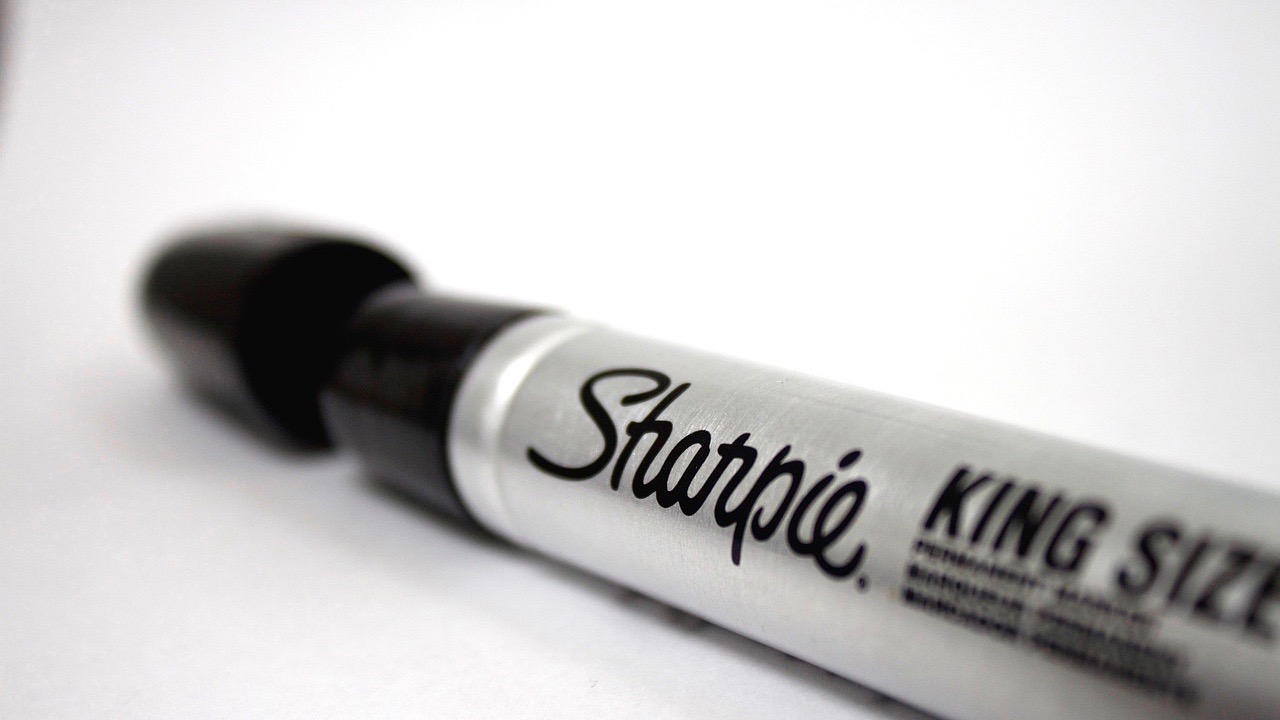
The top priority with a first DUI offense is to avoid the worst possible penalties—and hopefully, any penalties at all. But unfortunately, if you’re convicted of OUI in Massachusetts, your first DUI offense will forever be on your criminal record.
Massachusetts uses an unlimited lookback period for OUI offenses (and has since the law changed in 2002 from a 10-year lookback period). This means if you’re ever arrested for OUI again after a first conviction, even if it’s decades later, it will still be considered your second offense by the court and the RMV.
However, there are a few ways to reduce the impact of a first DUI offense even if you’re unable to earn a verdict of Not Guilty.
CWOF and 24D First Offender Dispositions
Many first offenders can stop a conviction from going on their record by “agreeing to sufficient facts” and accepting a Continuance Without a Finding (CWOF). Courts often use the CWOF to penalize drunk drivers (albeit more leniently than the standard sentence) without a conviction in court. In exchange for accepting a sentence under the 24D program, no criminal conviction goes on your record—assuming you serve a year of probation without incident and complete all other terms (alcohol education, etc.).
However, a CWOF will still count as a first DUI offense on your permanent driving record with the Massachusetts RMV—even though you were not convicted of OUI by the state. This means that subsequent arrests for OUI would be considered repeat offenses by the RMV and escalate the penalties for your driver’s license.
{{cta(‘6b39f25f-a1e5-4a10-ade4-c08834726b03’)}}
24D Second Chance or “Cahill” Dispositions
A CWOF is not a conviction on your record, but the court will still know about it if you are arrested again. A second OUI charge in Massachusetts will be considered a second offense, even if you were granted a CWOF on your first DUI offense.
However, a second-time offender whose previous offense was over 10 years ago may be eligible for a 24D Second Chance or “Cahill” Disposition. This would essentially treat your charges with similar leniency to those offered for drivers with only a first DUI offense. Consult with an OUI attorney to see if this option might be available in your case.
Vacated Convictions: MA Breathalyzer Issues
A conviction for a first DUI offense typically stays on your criminal record forever in Massachusetts. However, recent legal proceedings around the Draeger Alcotest 9150 (the only breathalyzer device used by Massachusetts law enforcement) have brought the test results for 27,000 people between June 2011 and April 2019 into question.
Individuals who were convicted in Massachusetts during that time might be able to have the convictions removed from their records if the case involved a breathalyzer test. The state sent notices to relevant defendants to let them know they may be “entitled to have those convictions vacated due to improperly calibrated breath test machines — and efforts by now-former state officials to hide the true scope of the problem.”
Get Legal Help Right Away
Don’t lose hope just because convictions for a first DUI offense don’t disappear. Have an experienced Massachusetts OUI attorney evaluate your case and get to work on a strong defense. It’s crucial that you give yourself the best possible chance to avoid the worst consequences of conviction. Your permanent record is at stake.





